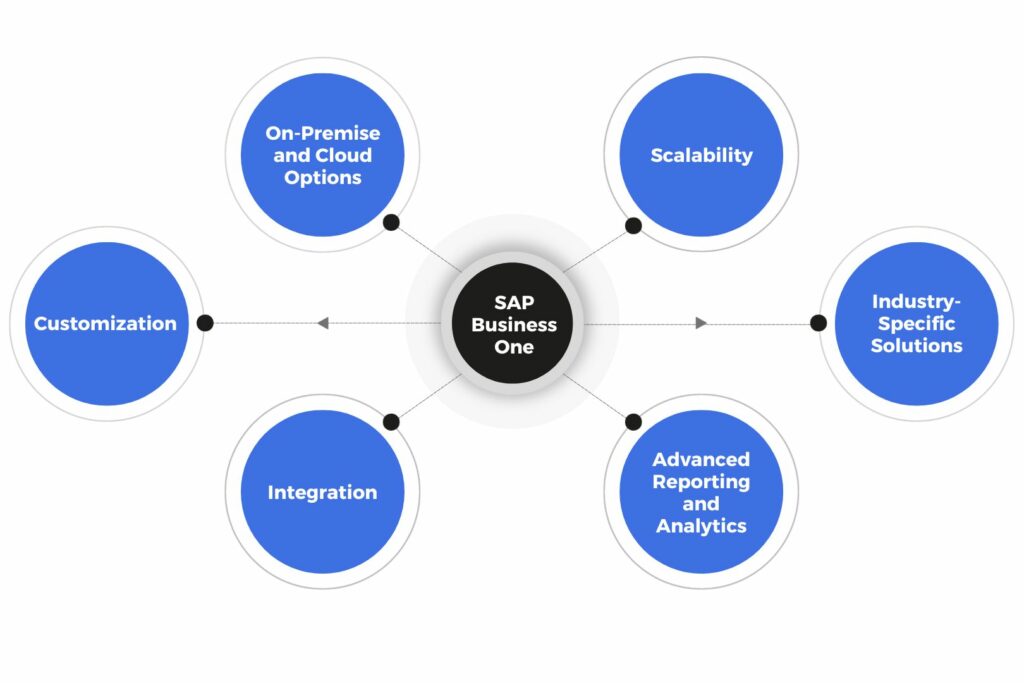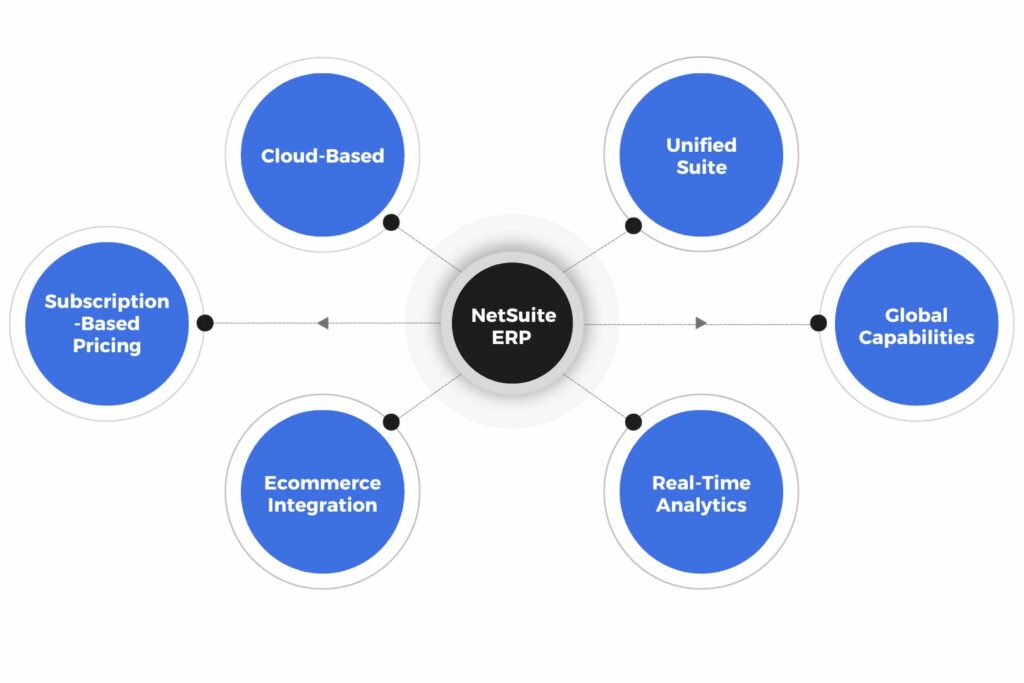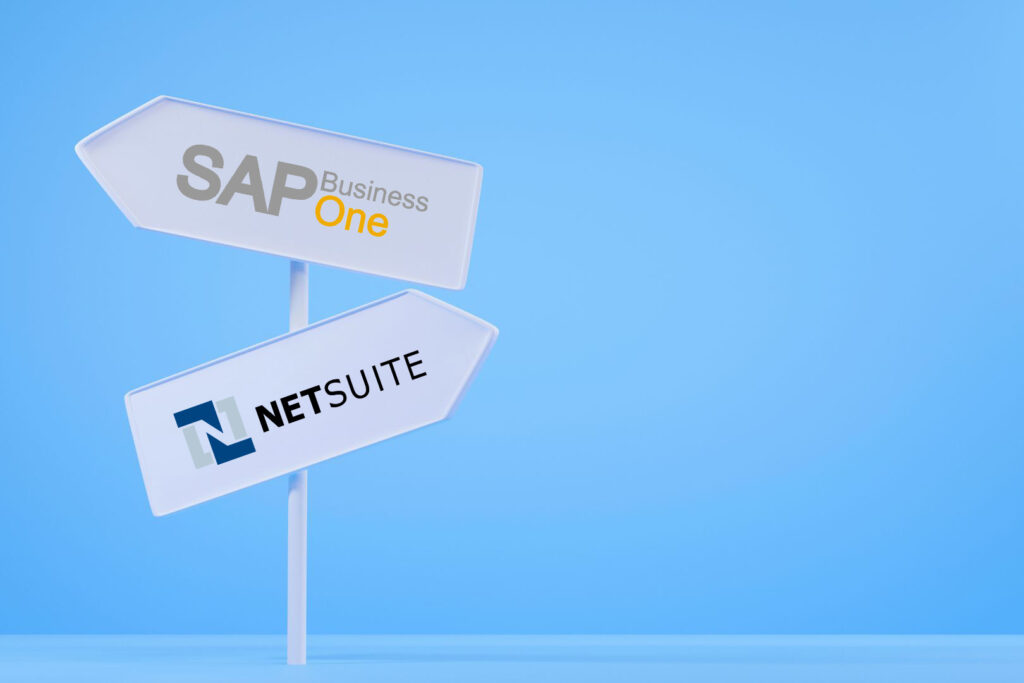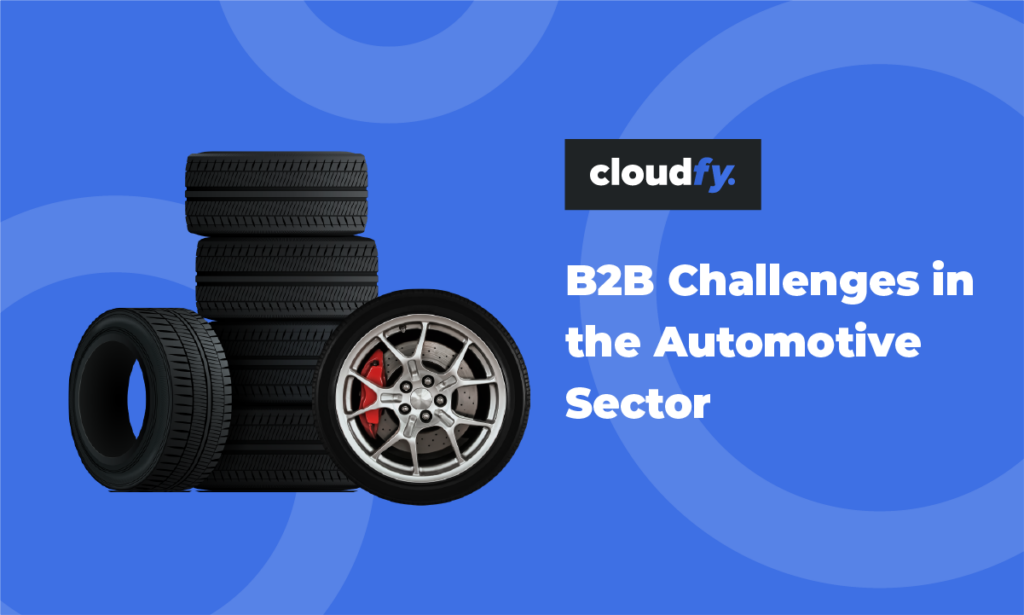In the world of enterprise resource planning (ERP) software, SAP Business One and NetSuite ERP stand out as two of the most popular choices for businesses of all sizes. Both systems offer a wide range of features and capabilities, but they differ in various aspects, from their target audiences to their pricing models. In this blog, we’ll compare SAP Business One and NetSuite ERP to help you make an informed decision about which solution is right for your business.
Table of Contents
Business Management Software: SAP Business One & NetSuite
In modern business, companies do many different things that are connected to each other. It’s hard to understand how everything works together because they all affect each other. For example, if you want to make accounting work better, you have to look at the money and the stuff you have in your business. This is where a tool like SAP Business One is really helpful. It can look at everything in your business very precisely.
SAP Business One has many parts that can help with different jobs in a company. It can help with things like keeping track of customers, buying and selling, money, and projects. Each part is made to help a different department in your company. On the other hand, NetSuite is different. It has three separate parts: one for customers, one for online sales, and one for money. So, if you want to use NetSuite, you have to pick the parts that match what you do in your business. This can sometimes be confusing for small and medium-sized businesses because they have to manage all these different parts.

SAP Business One
SAP Business One is an ERP solution designed primarily for small and midsize businesses. It’s known for its robust features and scalability, making it an excellent choice for companies with ambitious growth plans. Here are some key aspects of SAP Business One:
Scalability
One of the standout features of SAP Business One is its scalability. As your business grows, you can continue using the same system and simply add additional users or modules as needed. This scalability ensures that your ERP system can grow with your business.
Industry-Specific Solutions
SAP offers industry-specific versions of Business One tailored to various verticals, such as manufacturing, retail, and distribution. This means you can find a version of SAP Business One that aligns with your specific industry requirements.
Advanced Reporting and Analytics
SAP Business One comes equipped with advanced reporting and analytics tools. These tools provide valuable insights into your business operations, allowing you to make data-driven decisions and improve efficiency.
Integration
SAP Business One can seamlessly integrate with a wide range of other SAP solutions and third-party applications. This integration capability allows you to create a customized ecosystem of tools that suits your business needs.
Customization
The system can be customized to meet your unique business processes. You can tailor it to your specific industry requirements and workflows, ensuring a perfect fit for your operations.
On-Premise and Cloud Options
SAP Business One offers both on-premise and cloud deployment options, giving you the flexibility to choose the best fit for your organization.

NetSuite ERP
NetSuite ERP, on the other hand, is a cloud-based ERP system that’s well-suited for a wide range of businesses, including small, midsize, and large enterprises. Here are some of its notable features:
Cloud-Based
NetSuite is a cloud-based ERP solution, which means it’s accessible from anywhere with an internet connection. This flexibility is a significant advantage for businesses that require remote access and real-time collaboration.
Unified Suite
NetSuite offers a unified suite of applications, including ERP, CRM, e-commerce, and more. This integrated approach ensures that data flows seamlessly across your organization, reducing data silos and enhancing visibility.
Global Capabilities
NetSuite is designed for global businesses. It supports multiple languages, currencies, and tax compliance, making it suitable for companies with international operations.
Real-Time Analytics
NetSuite provides real-time analytics and reporting tools, allowing you to make data-driven decisions quickly. This is especially valuable in today’s fast-paced business environment.
Ecommerce Integration
For companies with e-commerce operations, NetSuite’s e-commerce capabilities are a strong asset. It provides features for managing online sales, customer interactions, and order fulfillment.
Subscription-Based Pricing
NetSuite typically uses a subscription-based pricing model, making it easier for businesses to manage their costs without significant upfront investments.
Comparing SAP Business One and NetSuite ERP
| Aspect | SAP Business One | Netsuite |
|---|---|---|
| History | SAP has been around since the 1970s and is used by over 60,000 companies worldwide. | NetSuite started in 1998, acquired by Oracle in 2016, and serves over 24,000 clients globally. |
| Hosting | Seamless connection between an ecommerce platform and an ERP system | Automated exchange of standardized electronic documents with trading partners |
| Business type | Small and medium-sized enterprises. | Growing mid-sized companies as well as large enterprises. |
| Functionality | Accounting, inventory and warehouse management, purchasing, reporting, and analytics. | Accounting, inventory management, reporting and analytics across enterprises of all sizes. |
| Deployment Options | SAP B1 is a flexible, hybrid ERP solution that can be cloud-based or on-premise | NetSuite is a strictly cloud-based ERP system. |
| Deployment Costs | SAP Business One Cloud is cost-effective, providing real-time insights and a good return on investment. | NetSuite's starter edition may require extra costs for additional features, potentially increasing the overall expense for SMBs. |
| System updates | Planned and deployed by your business. | Phased releases automatically installed in the Cloud. |
| Implementation Challenges | Both systems can be complex to implement, but SAP offers customized implementations through partners. | NetSuite relies on outsourcing, which can sometimes lead to scheduling and cost challenges. |
| Licensing | SAP B1 is licensed through authorized resellers, offering various licensing options. | NetSuite has a more complex licensing model, which can be less flexible and more expensive. |
| Pricing | User licenses for modules from $56 per month, starter packs from $1,680. | Subscription based from $999 for a base licence |
| Customization | Choose and add relevant fields in the database and amend code. | Choose and add relevant fields in the database and tailor forms, records, and performance indicators. |
| Integration | Can integrate with SAP certified solutions. | Can integrate with many other third-party solutions. |
| Ease of use | In-depth capabilities might be more than smaller businesses need. | NetSuite dashboard allows users to choose and view key information, based on roles. |
| Analytics | SAP Analytics component for real time reports, automatic calculations and tracking, and an Excel tool for analysis. Advanced analytics require a separate licence. | Suite Analytics for real time reports, automatic calculations and tracking. |

Making the Right Choice
Choosing between SAP Business One and NetSuite ERP depends on your business’s specific needs and goals. SAP Business One excels in providing industry-specific solutions, extensive customization options, and scalability for small and midsize businesses. On the other hand, NetSuite ERP offers the benefits of cloud-based accessibility, a unified suite of applications, and global capabilities, making it suitable for a broader range of businesses.
To make the right choice, consider your organization’s size, industry, growth plans, and preferences regarding deployment and pricing. Additionally, it’s crucial to assess your specific requirements for features, customization, and integration capabilities. Both SAP Business One and NetSuite ERP are reputable ERP solutions, so with careful consideration, you can find the one that aligns best with your business’s objectives and needs.
Seamless ERP integration with Cloudfy
Cloudfy offers seamless ERP integration, with pre-built connectors for all major business systems that are ready to use and out-of-the-box. Whether your business uses any ERP system, you can enjoy effortless integration, backed by our team of integration experts who can cater to your unique requirements. Cloudfy’s open and transparent API allows for the rapid development of specialized solutions. For those who prefer a more hands-on approach, we also provide flat file integration options. Discover how simple it is to leverage the capabilities of ERP for your ecommerce operations by booking a free Cloudfy demonstration today.
Find out how easy it is to harness the power of ERP for your ecommerce business. Book a free Cloudfy demonstration today.
SAP Business One is known for its scalability and industry-specific solutions, whereas NetSuite offers cloud-based accessibility, a unified suite of applications, and global capabilities. Both have their strengths and are suitable for different business needs.
Cloudfy provides pre-built connectors for major ERP systems, making integration easy. Their team of experts can tailor the integration to your specific requirements. They also offer a transparent API for specialized solutions and flat file integration for a hands-on approach.
SAP Business One is often a preferred choice for small and midsize businesses due to its scalability, customization options, and industry-specific solutions. However, the choice depends on your specific business needs and goals.






